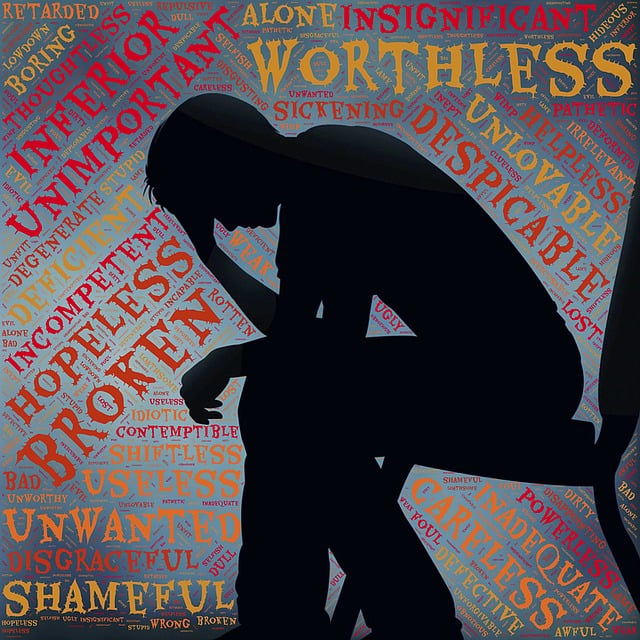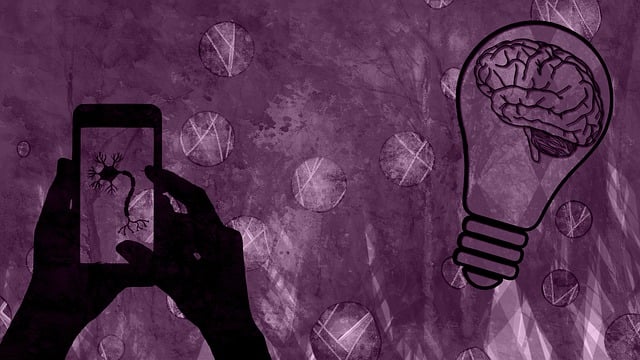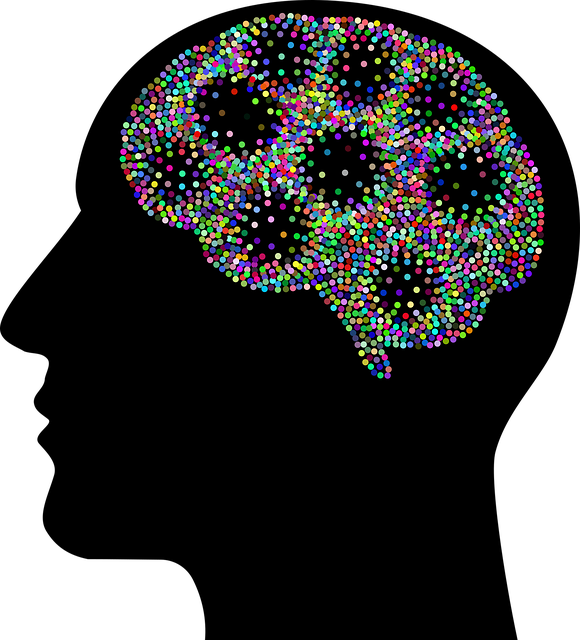Stress, a universal human experience, can be especially challenging for individuals with Attention Deficit Disorder (ADD) or ADHD, leading to exacerbated symptoms and potential health issues. Golden ADD-ADHD evaluations and therapy are crucial tools for managing stress by identifying emotional healing processes, developing personalized coping strategies, and providing crisis intervention guidance. Self-esteem improvement workshops further enhance resilience and confidence, empowering individuals to cope effectively with the unique challenges of ADD/ADHD in a structured environment.
Stress Management Workshops: Empowering Individuals to Thrive
Stress is an ever-present challenge, impacting our lives in profound ways. This article explores a holistic approach to stress management through comprehensive workshops, focusing on the innovative Golden ADD-ADHD Evaluations Therapy method. By understanding stress and its effects, we can identify the ideal workshop participants—those seeking relief from chronic stress, whether professionals or students. This guide delves into structuring effective sessions, employing interactive techniques, and providing ongoing support to empower individuals in navigating stress and improving their overall well-being.
- Understanding Stress and Its Impact
- – Defining stress and its various manifestations
- – The effects of chronic stress on mental and physical health
Understanding Stress and Its Impact

Stress is a universal human experience, but its impact can vary greatly from person to person. Understanding stress involves recognizing its physical, emotional, and mental manifestations—from increased heart rate and muscle tension to feelings of anxiety, irritability, and fatigue. Chronic or prolonged stress can have significant consequences on overall well-being, potentially leading to health issues like high blood pressure, weakened immune system, and even cognitive impairment. For individuals with Attention Deficit Disorder (ADD) or ADHD, stress management becomes particularly crucial as these conditions can exacerbate symptoms and impact daily functioning.
Golden ADD-ADHD evaluations and therapy play a vital role in navigating stress by identifying underlying emotional healing processes and developing personalized coping strategies. Crisis intervention guidance is often integrated into these practices to equip individuals with tools for managing acute stress events. Moreover, self-esteem improvement is a key aspect of stress management workshops, as building resilience and confidence can enhance an individual’s ability to cope effectively and foster a sense of empowerment.
– Defining stress and its various manifestations

Stress is a complex physiological and psychological response to various demands or threats. It can manifest in numerous ways, affecting both the mind and body. From increased heart rate and heightened alertness to feelings of anxiety and irritability, stress can impact daily functioning and overall well-being. For individuals with Attention Deficit Disorder (ADD) or ADHD, managing stress is often a critical component of their overall health strategy, given the unique challenges they face in focus, organization, and impulse control. Golden ADD-ADHD evaluations can play a pivotal role in identifying underlying causes and guiding tailored therapy approaches to improve mood management and, consequently, stress management.
Understanding the various manifestations of stress is essential, especially for healthcare providers who often encounter individuals suffering from burnout. Burnout Prevention Strategies for Healthcare Providers emphasize the importance of recognizing early signs of stress, such as chronic fatigue, cynicism, and reduced professional efficacy. By implementing effective stress management techniques, healthcare professionals can enhance their resilience and better support those in their care. This proactive approach not only benefits individual providers but also contributes to a healthier and more sustainable work environment.
– The effects of chronic stress on mental and physical health

Chronic stress can have profound impacts on both mental and physical health. Prolonged exposure to stressful situations can lead to an increased risk of developing various mental health disorders, such as anxiety and depression. This is especially true for individuals with Attention Deficit Disorder (ADD) or Attention Deficit Hyperactivity Disorder (ADHD), who may struggle more with managing stress due to challenges in focus, organization, and impulse control. The effects extend beyond the mind, with chronic stress linked to physical ailments like high blood pressure, heart disease, and a weakened immune system. This can be further exacerbated by unhealthy coping mechanisms that often emerge as a result of prolonged stress.
Stress Management Workshops Organization plays a crucial role in empowering individuals to develop Inner Strength. Through targeted therapy and evaluations, these workshops provide strategies to navigate life’s challenges more effectively. By focusing on mental wellness, they equip participants with tools to recognize and manage stress, thereby reducing the likelihood of negative physical and mental health outcomes. This proactive approach is especially beneficial for those dealing with ADD/ADHD, as it offers a structured environment to learn and practice stress-coping techniques tailored to their unique needs.
Stress management workshops play a crucial role in empowering individuals to navigate life’s challenges. By understanding the impact of stress, as outlined in this article, including its various forms and effects on mental and physical health, organizations can facilitate meaningful change. Incorporating strategies such as mindfulness, relaxation techniques, and cognitive-behavioral approaches, these workshops offer valuable tools for coping with everyday pressures. Moreover, recognizing the link between stress and conditions like ADD/ADHD through golden evaluations and therapy, organizations can cater to diverse needs. Through proactive measures and accessible resources, workplaces and communities can foster resilience, ensuring individuals thrive in a balanced and healthy environment.










